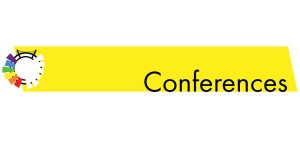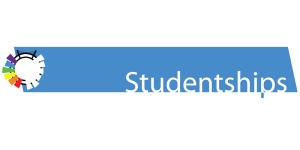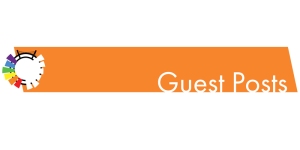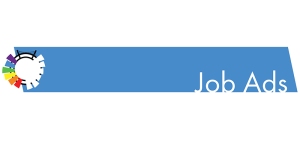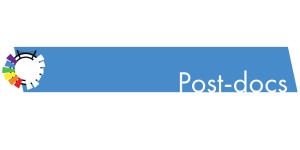Call for submissions: Public Dialogue and Deliberation Division (PD3), National Communication Association, 19-22 November, 2026, New Orleans, LA, USA. Deadline: 25 March 2026.
The Public Dialogue and Deliberation division (PD3) is a vibrant and growing community of scholars, teachers, and practitioners who research, conceptualize, and facilitate public dialogue and deliberation, to support democratic engagement and social justice. They invite your contributions for the 112th NCA convention to be held in New Orleans, from November 19-22, 2026.
They welcome contributions that engage meaningfully with the 2026 NCA convention theme “MOVE/MENTS in Communication” and that demonstrate the rich potentials for public dialogue and deliberation scholarship, teaching, and practice. The theme of “MOVE/MENTS in Communication” invites us to consider how we are people on the move, prompting questions of “both/and” thinking. They encourage submissions to consider social, cultural, and political movements that reflect the rich potentiality, spaces, and challenges of dialogue and deliberation work. Following with the theme, the division welcomes submissions that question and examine how dialogue and deliberation moves us to action; what limits exist in research and practice; and what openings we should move into to discover new opportunities. The division has much to contribute to these conversations.
NOTE: All divisions of NCA are currently calling for submissions – see the formal announcement here.

